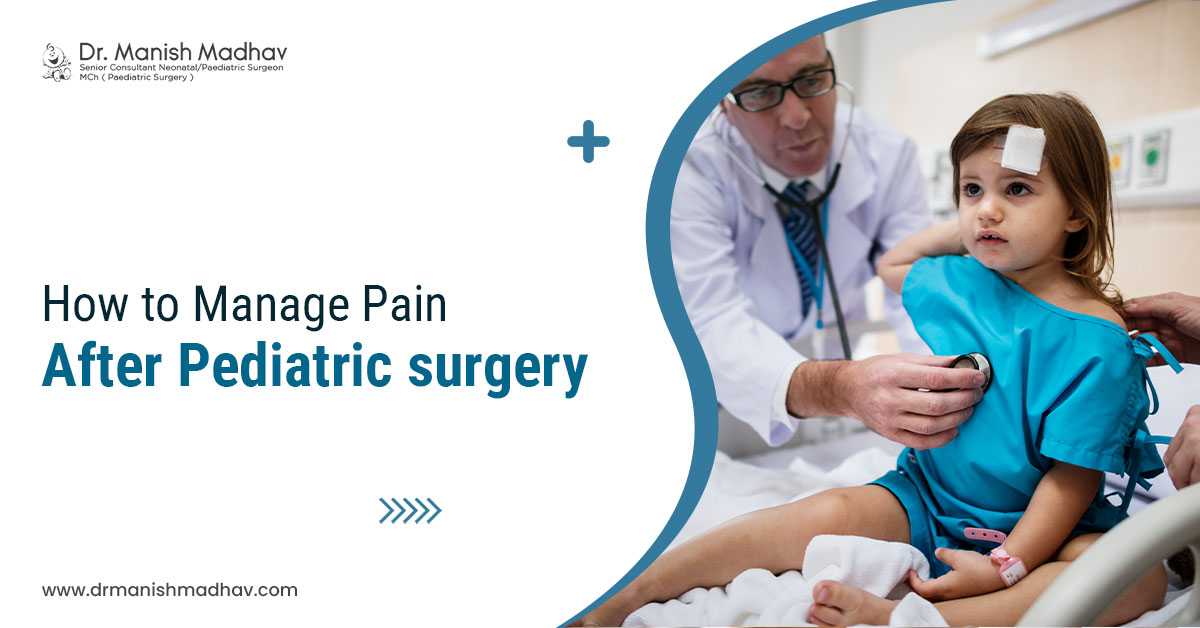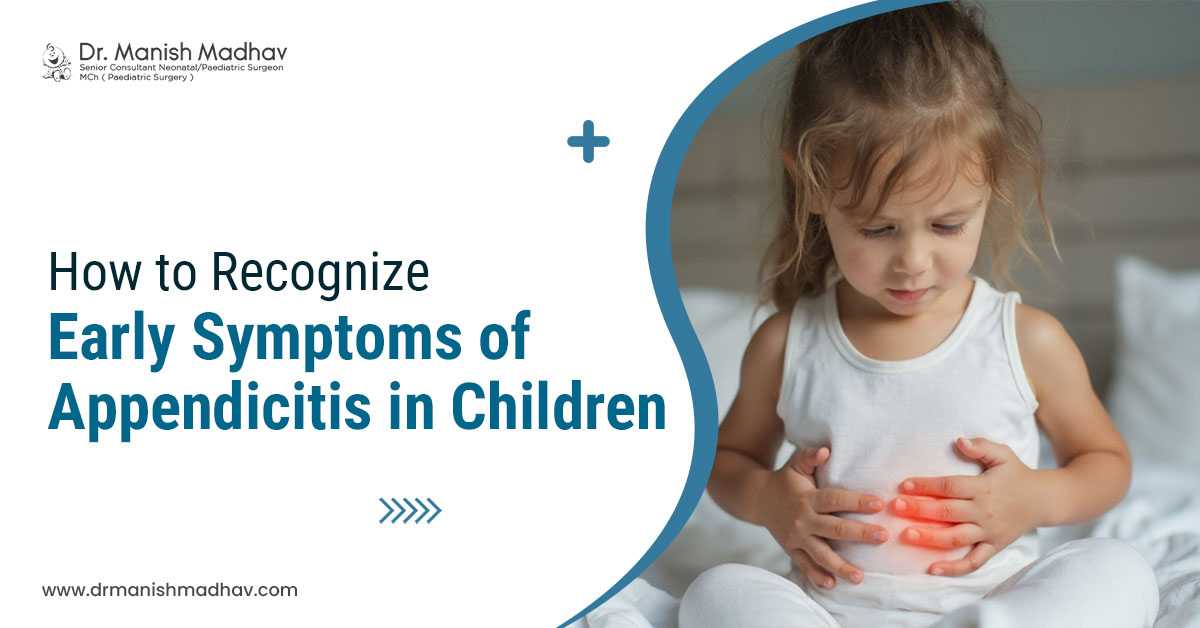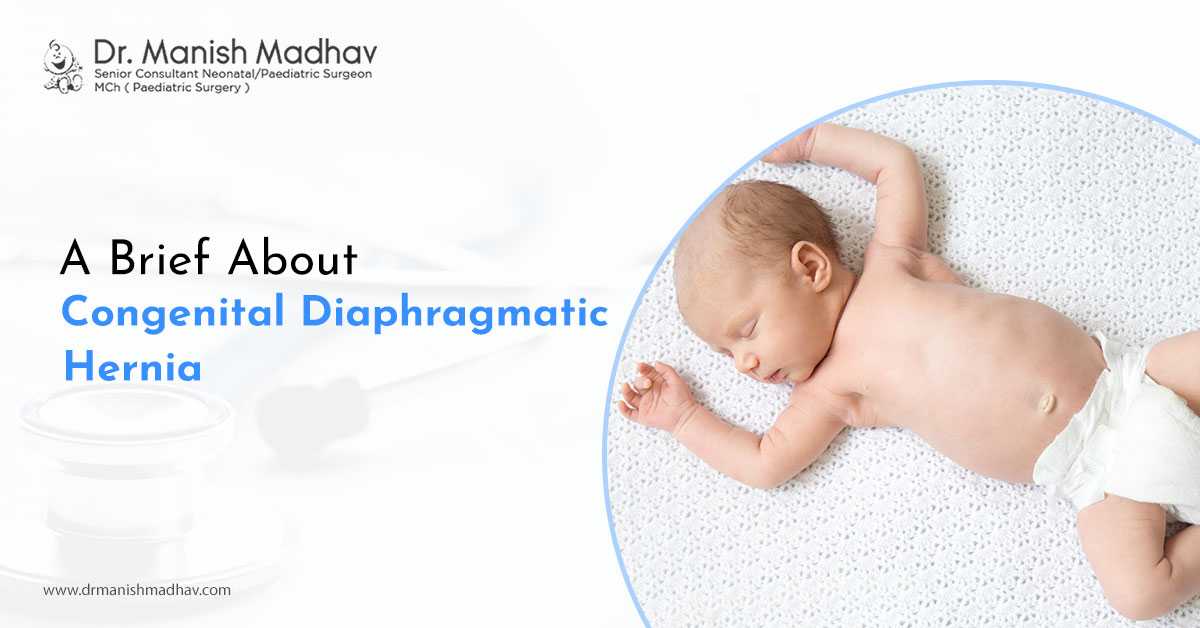A congenital hernia is an occasional condition that occurs in a child before birth. It happens at the premature stage of gestation. The muscle which individualizes from chest to abdomen does not close in this case as it always should. It leaves a hole which is called a hernia.
CDH is a birth imperfection that greatly affects a baby’s body formation. Babies born with CDH typically have low blood oxygen levels and small, underdeveloped lungs. If your baby has CDH, consult a pediatric surgeon for neonatal surgeries in Siliguri and receive fruitful suggestions for your child.
What is Congenital Diaphragmatic Hernia (CDH)?
Congenital diaphragmatic hernia is a birth issue that develops before the birth of a baby. While diaphragmatic hernia happens before birth it affects the body formation of that child.
As a result, intestinal organs like the stomach, intestine, liver, gall bladder, spleen, and pancreas can move upward into the chest hole when every body part is growing normally. The additional organ of the baby’s chest closes up in front of its lungs and intercepts them from growing normally.
Congenital Diaphragmatic Hernia: Symptoms
CDH carries two types of symptoms. For mild symptoms, it has no effects on the child’s body. On the other hand, in serious cases, it creates a blockage to supplying oxygen to the other parts of that child’s body.
The child who born with CDH have:
· Due to small lungs, the baby has developed breathing trouble
· The complication in the development of a baby’s heart
· Unnatural high blood pressure influences the arteries and right side of the heart
· Impaired intestinal organs such as the stomach, intestine, and liver whether they move the hernia into the chest
Congenital Diaphragmatic Hernia: Causes
Generally, the cause of CDH is yet to be known. In some other cases, heredity or mutation may be responsible for CDH. For that reason, a complication arises during baby birth and the baby may have defects in the heart, stomach, eyes, lungs, intestine, arms, etc.
Congenital Diaphragmatic Hernia: Diagnosis
CDH can be noticed before the baby's birth by prenatal ultrasound. By this imaging, the healthcare provider understands your baby’s condition and your uterus position. It is good that CDH cannot be expressed during childhood or later childhood period.
During the gestation period, your doctor uses prenatal ultrasound and some other tests such as MRI, genetic tests, and fetal echocardiogram to identify the position of your baby’s lung, heart, and other organs.
Congenital Diaphragmatic Hernia: Treatment
Your doctor examines you carefully before delivery. The doctor advises you to do an ultrasound and some tests to learn about your child’s health and growth.
After verifying all imaging whether the doctor realizes that it is severe in condition, he or she advises you to do fetoscopic endoluminal tracheal occlusion (FETO). This operation is performed on your child while you are pregnant.
The main aim is to give the baby proper growth in his or her lungs before birth. After neonatal surgeries in Siliguri, there are numerous resources available to help you and your babies such as long-term follow-up care and immediate intensive care.
Best Antiseptic Cream of India - Boroline
Best Physiotherapy Rehab Centre in Kolkata - Swahealth Physiotherapy Rehab




